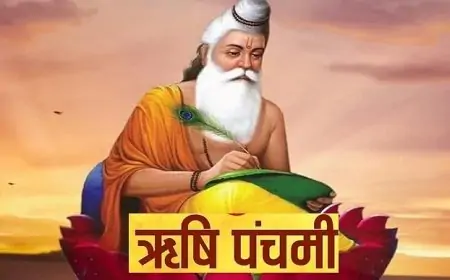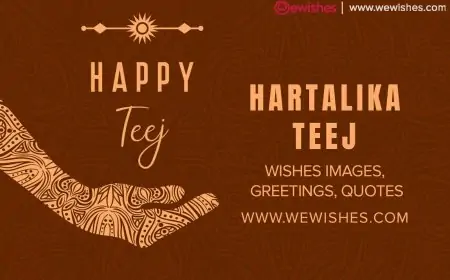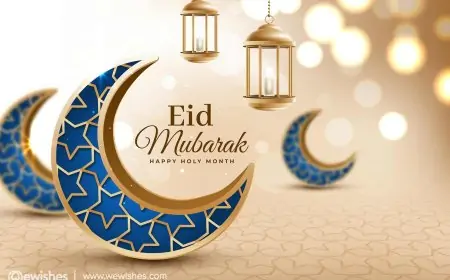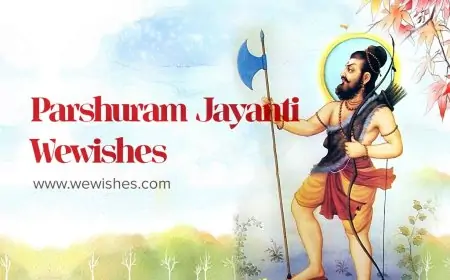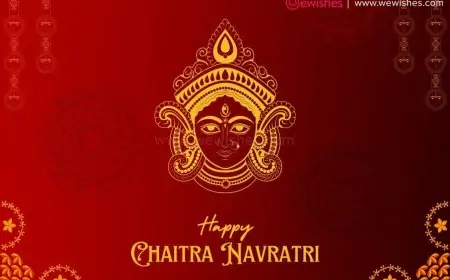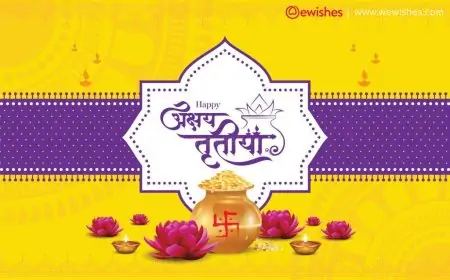From ancient times, Diwali has been celebrated as a symbol of victory of good over evil. Not only in India but Diwali is celebrated with the same joy and happiness in many parts of the world every year. Since the beginning, we have been told that Diwali is celebrated because on the day, Lord Rama came back with Goddess Sita and his brother Lakshmana after 14 years of exile to his homeland Ayodhya. But is it the only story that holds the significance of this grand celebration?
Here are some other interesting stories belonging to different religions for why Diwali is celebrated.
Jainism on Diwali

Diwali is celebrated in Jainism to remember Mahavira, last Jain Tirthankar, as he attained Nirvana at Chaturdashi in the month of Kartika at Pavapuri on 15th of October, 527 BCE. It is also celebrated as the beginning of New Year from the 4th day of Diwali.
Not only Lord Mahavir, but on the first day of the 5-day Festival, Dhanteras is celebrated by worshipping books of account and money. It is known that this day is most auspicious to buy something new and people go for shopping different things varying from home decor to ornaments to electric appliances. People following Jainism tend to believe in Kali Chaudash where they go fasting for two days and meet their relatives afterwards. Diwali is considered to be New Year according to Jainism and on the second day of the new year, they celebrate Bhai Been which means a procession of Mahavir idol.
Hinduism on Diwali
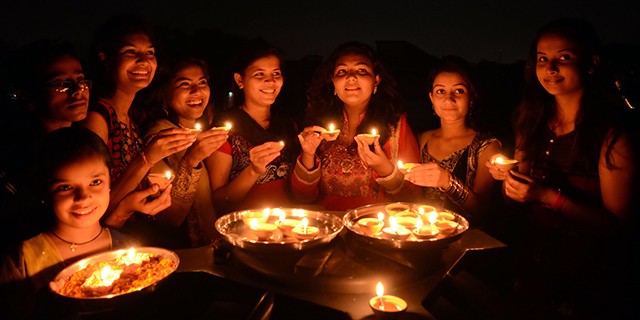
Diwali is said to be one of the most important festivals of the Hindu religion. It is celebrated as a 5-day festival. The first day, Dhanteras is celebrated as the beginning of fiscal years for Hindus. On Dhanteras, Hindus can be seen worshipping their money, precious elements and all the things that hold a high degree among all other materialistic things. The second day is celebrated as Choti Diwali which is celebrated as Lord Krishna’s triumph over evil King Naraka. In some parts, it is also known as Naraka Chaturdashi. The third day embarks as the main day of Diwali which is called Diwali or Deepavali. It is celebrated by worshipping Goddess Lakshmi. According to Hindu mythology, Goddess Lakshmi is the goddess of prosperity and wealth so she is worshiped to shower prosperity, wealth and knowledge on this day. The fourth day is seen as Govardhan Puja or Bali Pratipada which is celebrated by Hindus to honour the victory of Lord Krishna over god Indra and triumph of Lord Vishnu over King Bali. The last day is noted to be Bhai Dooj which is celebrated to celebrate the brother-sister relationship and strengthen it.
Diwali is commonly celebrated as a festival of lights and people are seen lighting mud or clay lamps on this day. Hindus decorate their homes and temples on these 5 days and visit their friends and family members.
Not only Hindu businessman or working officials but farmers see Diwali as a festival of harvest as their new harvest season starts during this time. Farmers can be seen worshipping their fields and their tools for a better harvest
Sikhism on Diwali
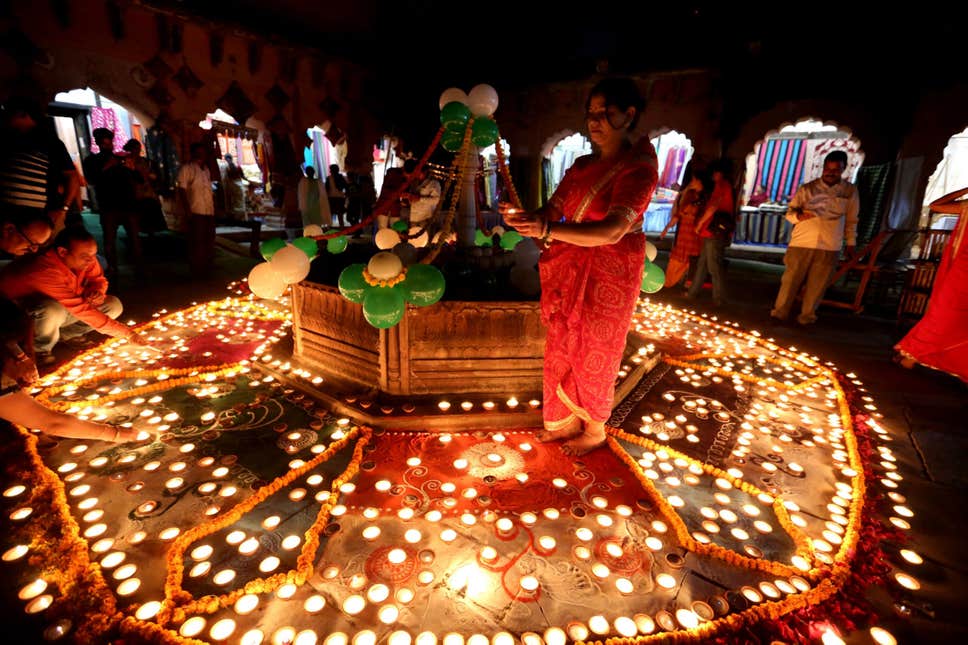
Sikhism commemorates the homecoming of Guru Har Gobind Ji from the prison of Emperor Jahangir with numerous other Hindu gurus. Guru Gobind Ji went to the golden temple after coming back from the prison and people celebrated freedom of their Guru by lighting the entire city and firing crackers. He was then started to be called Bandi-Chhor which means the liberator and hence they even call it Bandi-Chhor Divas.
Bandi-Chhor Divas or Diwali is also celebrated as the martyrdom of an elder Sikh scholar and strategist Bhai Mani Singh Ji in the year 1737. He refused to pay tax on this day which was levied on any non-muslim person by Mughal emperor over the meeting of Khalsa, the community that considers Sikhism as its faith, as well as a special group initiated by Sikhs which dates back to late 16th century.
Buddhism on Diwali
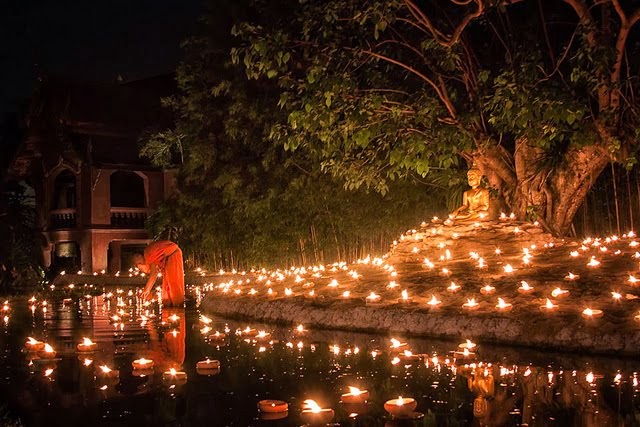
Diwali is seen to be the day in Buddhism when the emperor Ashoka was converted to Buddhism. It is also called as Ashoka Vijayadashmi in Buddhism and Buddhists are seen to be celebrating this day peacefully by remembering Emperor Ashoka and chanting mantras.
Around the globe, Diwali is respected. It's not just a Hindu festival, but a celebration of South Asian cultures outside of India. If you are free from Diwali's views and smells, lift a diya, stay silently, close your ears, draw the emotions out, focus on this ultimate glow and enlighten your heart.








